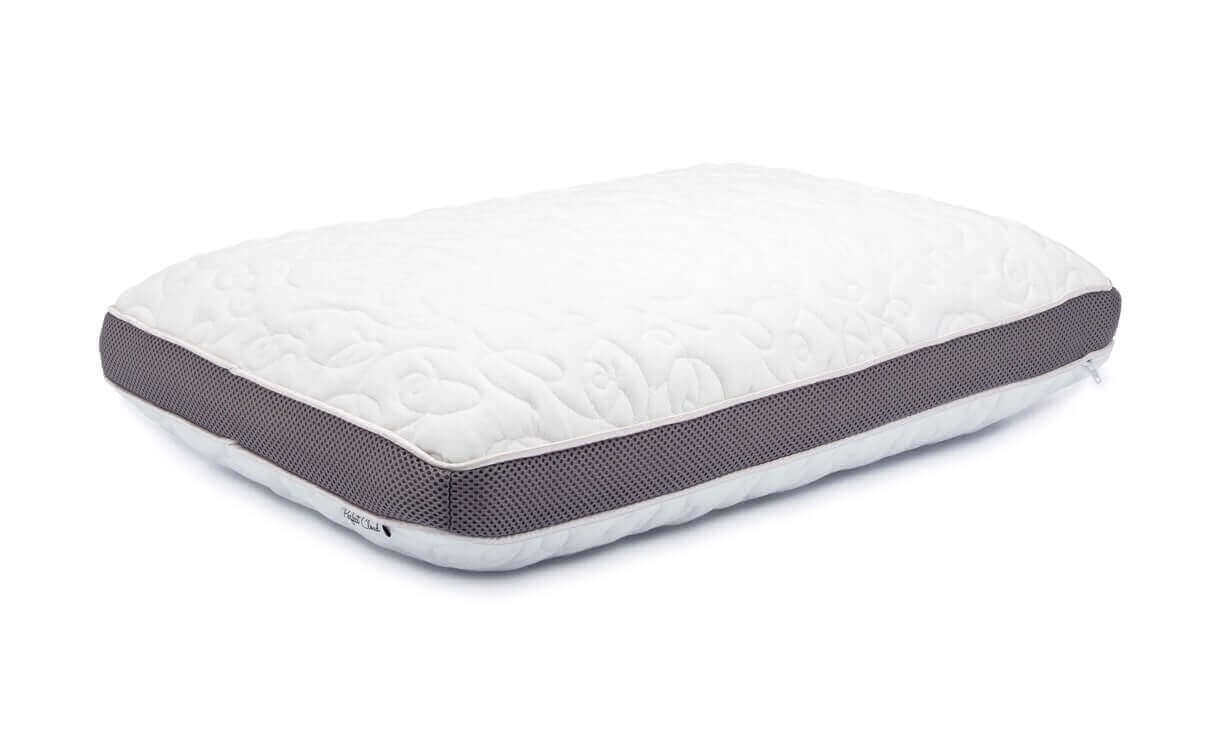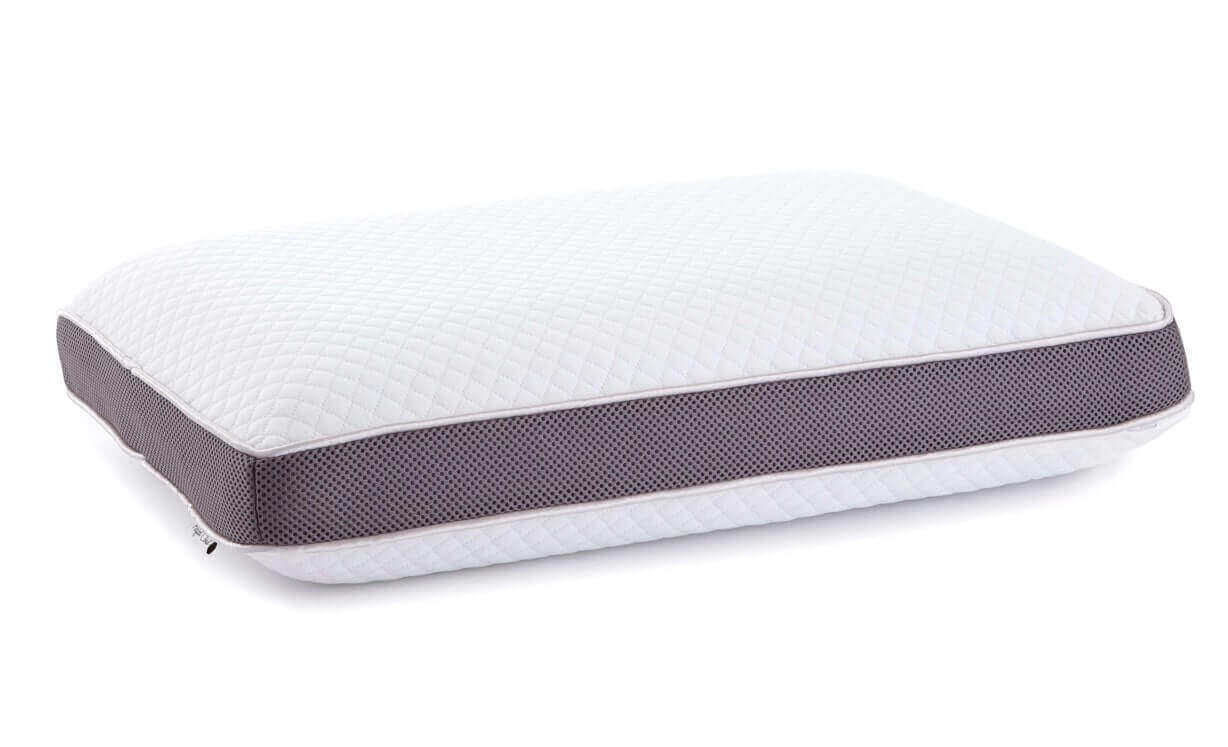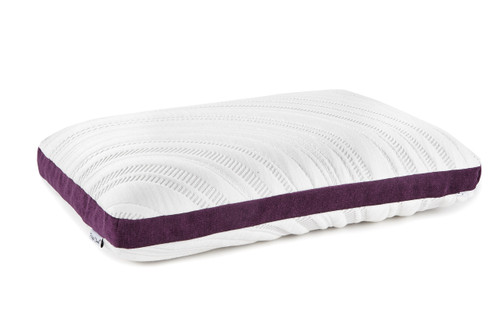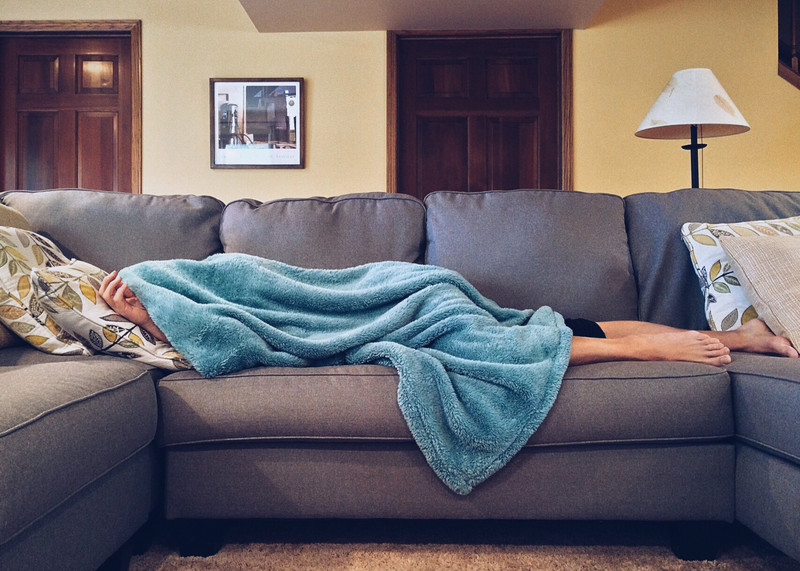4 Ways You're Unwittingly Sabotaging Your Sleep
Posted by Andi on 6th Jun 2019
Sleep is something we all need, yet too few of us prioritize. The American attitude toward sleep is irresponsible; as a result, dangerous sleep problems have become commonplace.
Many people don’t even know they’re making these mistakes. But if you become aware of them, you’ll be prepared to avoid these careless blunders.
The Cost of Sleep Deprivation
Data gathered by the Centers for Disease Control and Prevention (CDC) suggests that one in three American adults isn’t getting enough sleep on a regular basis. The current recommendation is seven hours of sleep each night.
Anything less than seven hours of rest is associated with an array of negative symptoms, side effects, and conditions, including:
- Memory problems. It’s during sleep that the brain forms connections that help you process and recall new information. A lack of sleep has a negative impact on both your short- and long-term memory.
- Trouble concentrating. A lack of sleep inhibits your brain's ability to concentrate and solve problems. This lack of focus substantially affects your intellectual capabilities and opportunities to learn.
- Mood Changes. As we all know from personal experience, lack of sleep directly leads to poor moods. In fact, sleep deprivation can make you susceptible to serious mood swings that, when exacerbated, can develop into anxiety and depression.
- Suppressed immunity. Your immune system needs rest to capitalize on the restorative processes that are necessary to operate at peak potential. Too little sleep weakens your immune system’s defenses and makes you more likely to get sick.
- High blood pressure. Sleeping for five or fewer hours per night has been shown to increase your risk for high blood pressure.
- Weight gain. Without adequate sleep, your body doesn’t send the proper chemicals to your brain to signify that you’re full. This makes you more likely to overeat and consume more than your body needs.
In addition to the physical and cognitive side effects, sleep deprivation can lead to inadequate workplace performance, relationship problems, and an overall sense of dissatisfaction with life.
Don't Make These Four Sleep Mistakes
The problem for most people is that, even when they manage to set aside seven hours for sleep, they unknowingly sabotage the effort by making common yet costly mistakes. These include:
- Caffeine or Alcohol Before Bed --
There’s nothing wrong with enjoying a coffee in the morning or
cup of tea around lunch time, but it’s wise to avoid late afternoon or evening
caffeine consumption.
“As a rule, caffeine takes about an hour to reach peak levels in your body,” Sleep Health Foundation explains. “Its effects can last from four to six hours, but your body needs about 24 hours to completely eliminate it.”
As a general suggestion, try to limit the amount of caffeine you consume in a given day to no more than 200mg. If you consume caffeine on a regular, daily basis, don’t do so within six hours of bedtime.
Then there’s the issue of alcohol. Again, there’s nothing wrong with a moderate intake of it, but imbibing prior to bed is more harmful than beneficial.
Despite the fact that it makes you feel sleepy, alcohol interrupts your sleep patterns later in the evening. If you choose to drink, do so at least four hours prior to going to bed.
- No Pre-Sleep Routine --
Remember when you were a child and your parents imposed a bedtime
routine for you? It probably consisted of changing into pajamas, brushing your
teeth, getting into bed, reading a book, and hitting the lights.
Believe it or not, this structure is rooted in solid science. The human body finds it much easier to fall asleep when given cues that sleep time is approaching.
If you don’t have a pre-sleep routine, you’re making things harder for yourself. Try to go to bed at the same time every evening and do your best to observe similar steps in the 30 to 45 minutes that lead up to sleep.
- Screen Time Before Bed --
“Using TVs, tablets, smartphones,
laptops, or other electronic devices before bed delays your body’s internal clock(a.k.a., your circadian rhythm), suppresses the release of the
sleep-inducing hormone melatonin, and makes it more difficult to fall asleep,” National Sleep Foundation explains.
“This is largely due to the short-wavelength, artificial blue light that’s emitted by these devices. The more electronic devices that a person uses in the evening, the harder it is to fall asleep or stay asleep.”
You should never fall asleep watching TV or scrolling through your phone. In fact, it’s best if you avoid any screen time a full hour leading up to bed. You’re better off reading, which properly increases drowsiness.
Inadequate Sleep Environment -- Your sleep environment is extremely vital. If you've never given any attention to this facet of your sleep habits, you should consider applying these principles now. Your sleep environment should resemble a cave: - Dark. Light suppresses the secretion of melatonin in your body, which is necessary in order to fall asleep. Making your room darker through blackout curtains and other helpful adjustments can improve your sleep quality.
- Quiet. Loud noises and disruptions make it difficult to relax and fall asleep. They can also jolt you awake after you've fallen asleep. If you can't control the external factors that contribute to distracting noises, try using a white noise machine or fan to impose random, even order upon the aural environment.
- Cool. The ideal temperature for sleep is between 60 and 67 degrees Fahrenheit. If you're having trouble getting comfortable rest, try adjusting your thermostat to somewhere in this range.
Correcting deficiencies in your sleep environment will have a positive impact on your quality of sleep and enhance your ability to reap the restorative benefits of rest.
Sleep Right With Perfect Cloud
A lot goes into achieving a full night of quality sleep. In order to get seven to eight hours of uninterrupted shuteye, you need a number of suitably positive factors working in your favor.
Another way you can boost your chances of obtaining adequate sleep is to select the right mattress and pillow. At Perfect Cloud, we understand that no two people sleep the same.
That’s why we provide premium quality mattresses and pillows with an array of features that are designed to maximize support, comfort, and relaxation. Shop now to learn more!











